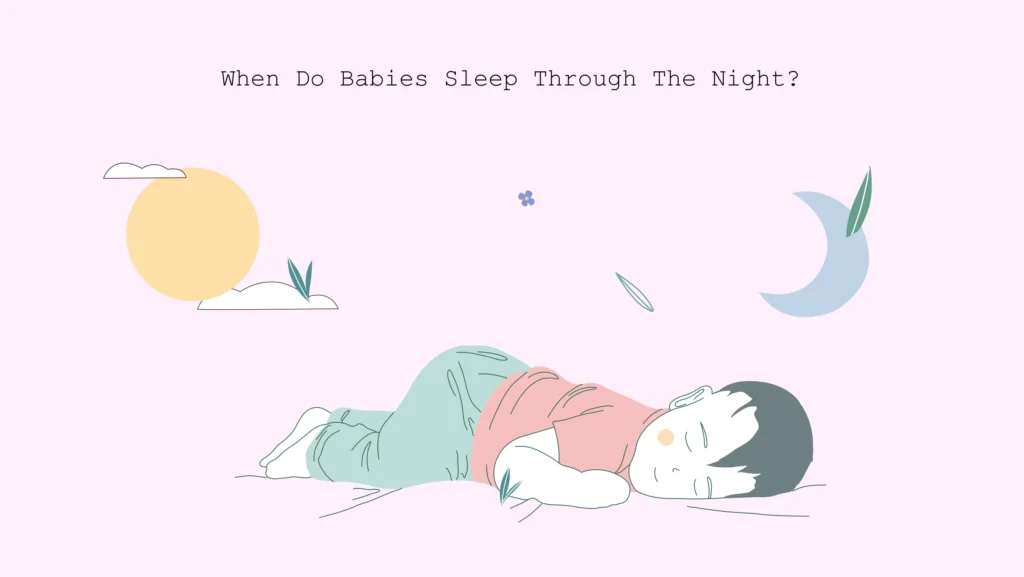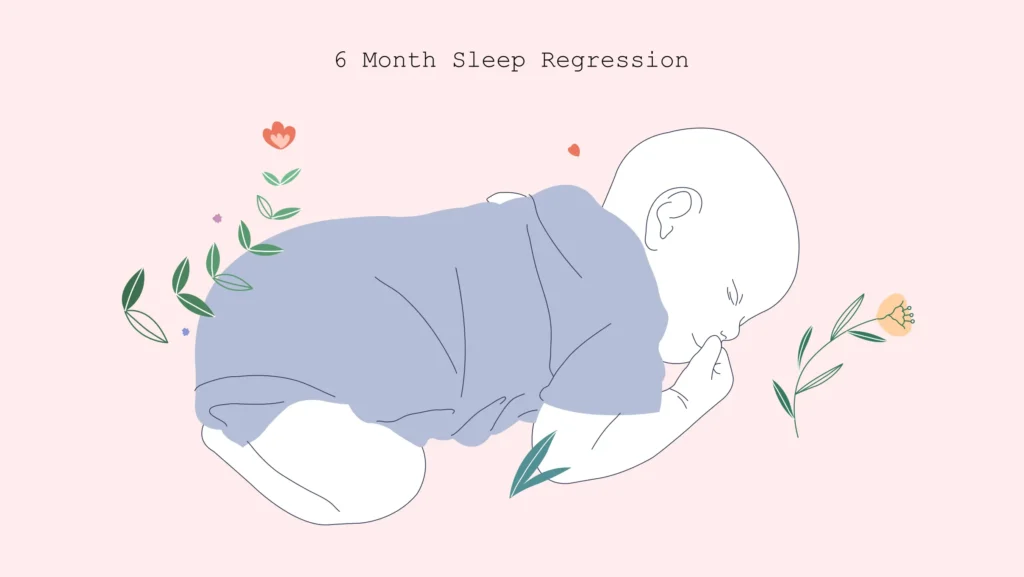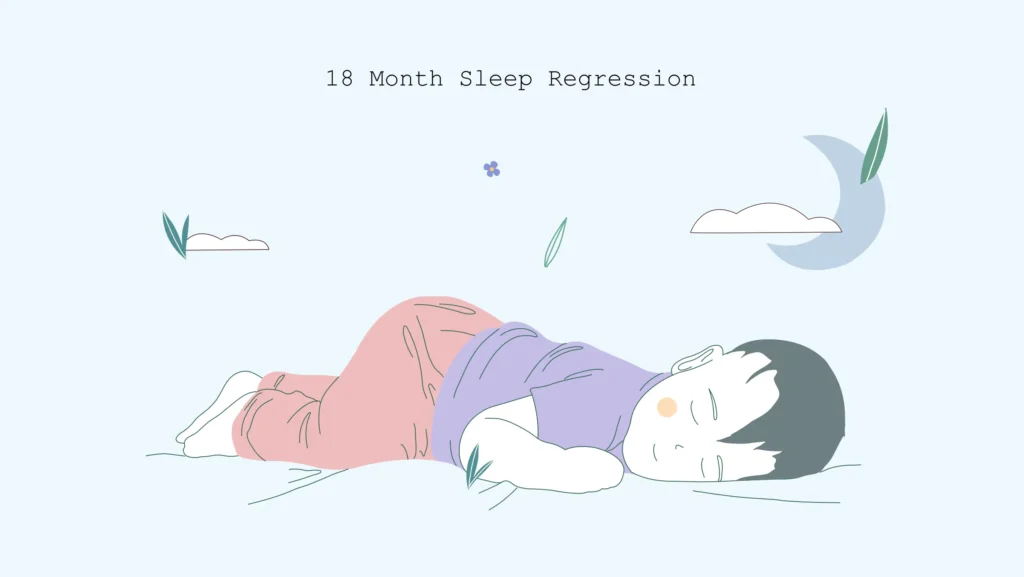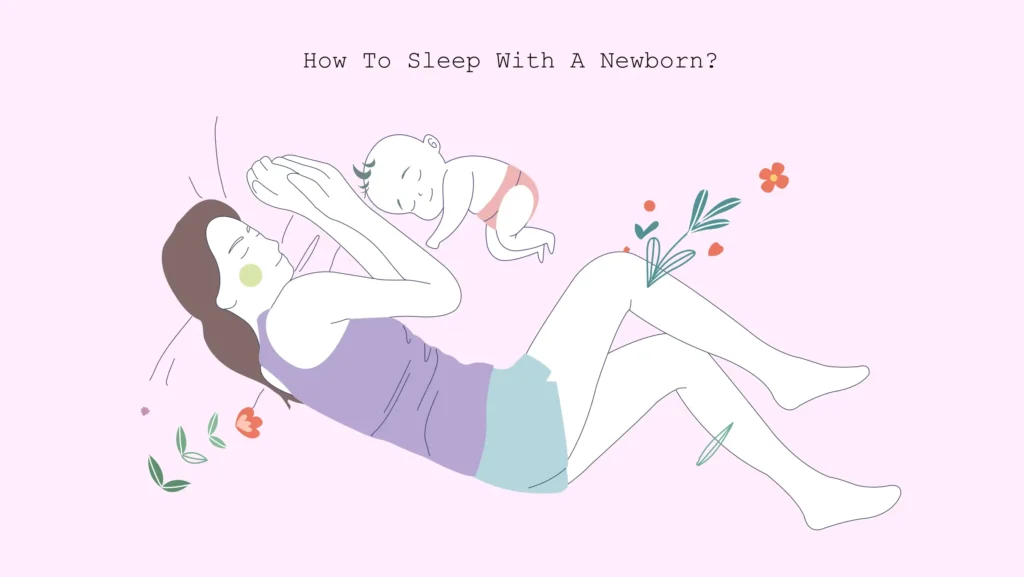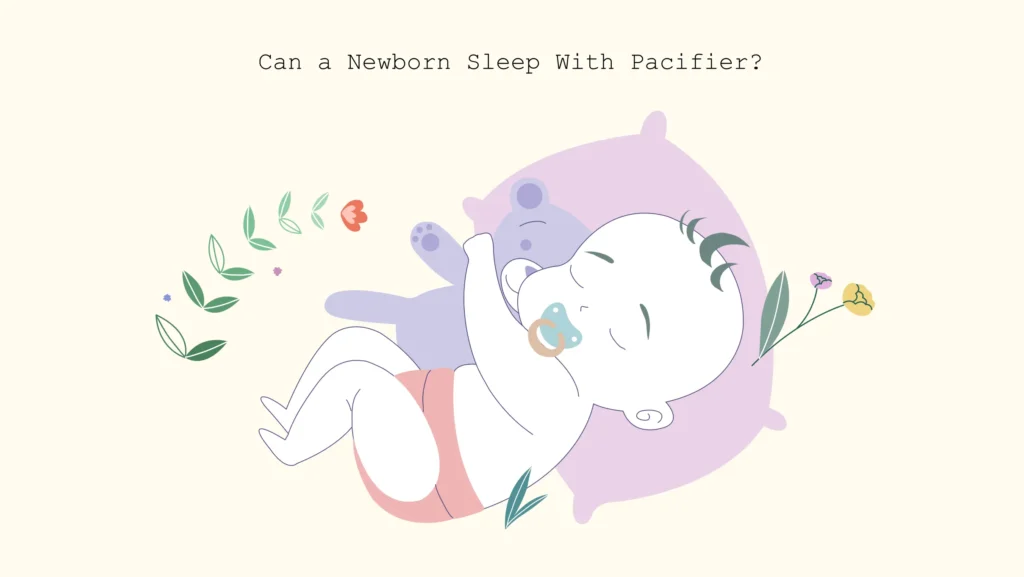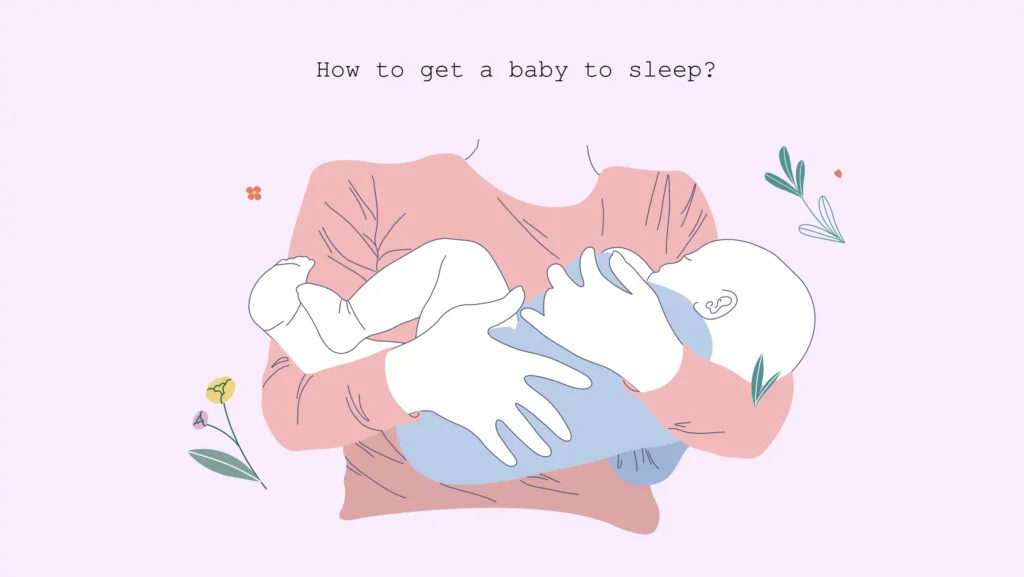Sleep Hygiene for Kids
Written by

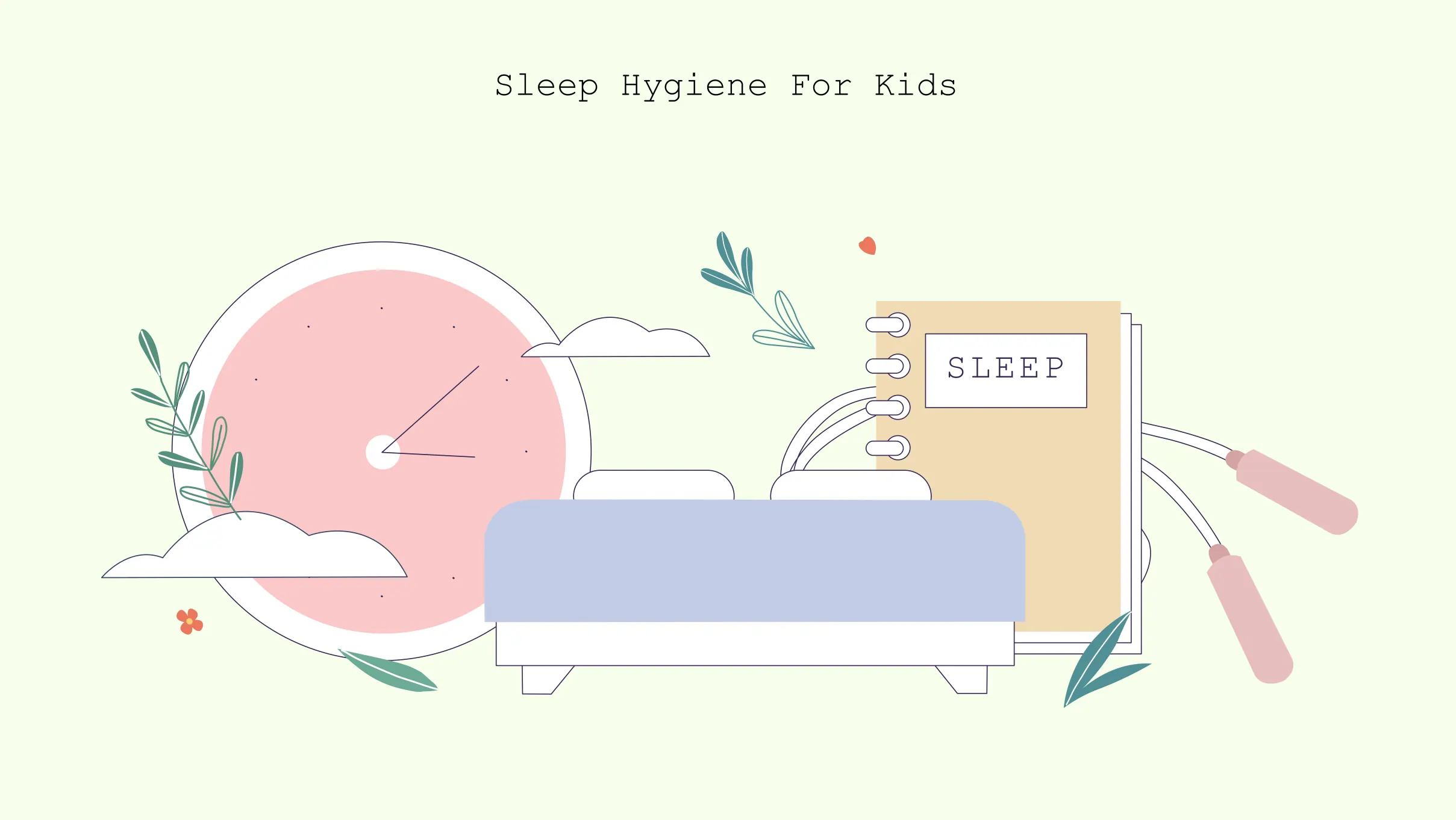
Sleep is an essential factor for both kids and adults. It aids brain performance, improves overall health, and keeps your mood happy. When your little one enjoys sufficient sleep, they wake up happy! However, to achieve this, it is essential to maintain a certain level of sleep hygiene for kids. Right from bedtime routines to curating comfortable sleep environment, we bring you all the information right ahead.
What Is Sleep Hygiene?
Sleep hygiene refers to all the good habits one must inculcate to enhance sleep quality and to fall asleep faster. The daytime activities and the nighttime routine plays a vital role here. Developing good sleep hygiene in your little one can make it easier for them to settle to sleep and enjoy undisturbed sleep.
Why is sleep hygiene important for kids
Sleep hygiene is essential for kids because sleep is indispensable to a healthy routine. In fact, studies show that kids who enjoy a good amount of sleep have improved attention, learning, behaviour, and memory. It also aids their overall mental and physical health. Therefore, learning and maintaining sleep hygiene tips for kids is integral.
How do you teach sleep hygiene?
A sleep hygiene teaching plan for kids includes the following tips;
- Start slow because kids need time to learn things compared to adults, and time makes it easier for them to adapt to new habits.
- Be consistent with the routine, so it soon becomes a habit.
- Kids learn from observing, so be a role model and ensure you practice what you preach.
- Always have set ground rules for your child, such as fixed hours for playtime, study, and more.
Sleep Hygiene for Kids
Look at all the good sleep habits to aid sleep hygiene in your kids. Remember, children between the ages of 3-5 need 10-13 hours of sleep every night, whereas children between the ages of 6-13 need 9-11 hours of sleep per night. Therefore, following the below-mentioned sleep hygiene tips can help your kid enjoy high-quality sleep.
Consistency
Consistency is the first step to good sleep hygiene. When your child sleeps and wakes up at the same time, they can sleep better. It is important to stick to the same time even during the weekends.
Bedtime regularity
Have a bedtime routine, such as brushing teeth, warm bath, putting on pyjamas, reading a bedtime story, and more. It will create a sense of comfort in children, making it easier for them to fall asleep. A proper bedtime routine also helps your child unwind and relax.
Associate the bed with sleep
A bed is only for sleep. Therefore, ensure your child doesn’t spend too much time in bed for other non-sleep activities, such as studies or homework. It will stop children from associating the bed with sleep.
Relaxation techniques
How to go to sleep fast? Relaxation techniques can help. So, if your child cannot fall asleep easily, you can opt for relaxation methods, such as visualisation, meditation, or listening to soothing music.
Maintain the right sort of environment
In order to fall asleep easily and quickly, you must ensure that the room’s environment is optimal. This includes adjusting the room’s temperature, switching off the lights, etc.
Clock visibility
Make sure the clock is not placed in the line of sight, as it can be detrimental to sleep as this creates anxiety.
Avoid highly stimulating activities before bed
Ensure your kids avoid highly stimulating activities, such as video games, and exercise just before sleep. In fact, it is also essential to prevent the use of electronic devices at least an hour before bed, as the blue lights it emits can disrupt sleep.
Security objects
If your child sleeps alone, you can help them sleep with their favourite soft toys or blankets, as this can add a feeling of security.
Exercise during the day
Exercising during the day can positively affect overall health and help your child sleep well at night.
Bedtime delay
Sometimes, when your child doesn’t appear tired, you can delay bedtime by 30 minutes. However, make sure you stick to the regular bedtime after that.
Maintain a sleep diary
Maintain a sleep diary where you will track your child’s sleep times and activities before bed. This will help you understand what works and what doesn’t.
Tossing and turning
If your child is tossing and turning in bed, then take about 20 minutes to perform a relaxing activity, such as reading a story.
Schedule worry time
Sometimes, there are a few children who tend to worry before bed. If that’s the case, make sure you do something fun before bedtime. You can also share any fears or concerns they may be feeling and talk about them.
Avoid sleeping elsewhere
Children can easily fall asleep anywhere. Even when you look back as a kid, there might have been times when you fell asleep on the couch, or the car, and your parents would carry you to bed. However, encourage your kid to go to bed even when they are drowsy.
Brief checks
When you check on your child, do it slowly and without disturbing them.
Getting the Bedroom Ready for Kids
Now, let’s take a look at how to get the bedroom ready for kids to ensure they maintain sleep hygiene.
Room Temperature
For a good night’s rest, optimal room temperature is essential. It is said that between 68 to 72 degrees is the best temperature for sleep.
Noise
A noise-free environment is ideal for sleep. If any sound is disturbing your child, you can use white noise devices too.
Light Level
A dark room is the best for sleeping. However, if too much light streams inside the kid’s room, you can invest in thick curtains.
Soothing smells
Aromatherapy can be used for children over the age of five as it helps them relax. Effective oils for sleep are lavender, ginger, peppermint, and orange.
When To See the Doctor
You must visit a healthcare provider if your child shows the following signs:
- Snoring
- Taking pauses during breathing
- Unable to fall asleep easily
- Unable to enjoy undisturbed sleep
- Decreased daytime sleepiness and performance
- Sleepwalking or nightmare
- Teeth grinding
- Bedwetting
- Restless sleep
Conclusion
Sleep hygiene is essential for your kid’s overall well-being. Practising the above-mentioned tips will help your child enjoy quality uninterrupted slumber.
FAQs
What are the signs of poor sleep hygiene?
Some of the signs of poor sleep hygiene include;
- Delayed sleep onset
- Forgetfulness
- Problems paying attention
- Hyperactivity
- Impulsiveness
- Low energy
- Decreased social skills
If you notice these symptoms, it is essential to visit a doctor.
What time should kids go to sleep?
Typically, children must go to bed between 7 PM and 9 PM so they can easily wake up between 6 AM and 8 AM.
What time should kids wake up?
Kids should wake up between 6 AM to 8 AM.
Why do kids struggle to fall asleep?
Sometimes, kids may feel scared or worried, which can prevent them from enjoying a good slumber. Therefore, if your kid is struggling to fall asleep, talk to them and help them with any of the relaxing activities, such as reading a story or listening to soothing music.
people like this article
Written by



